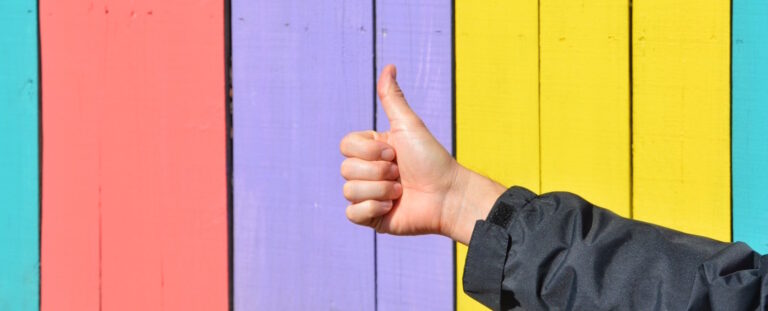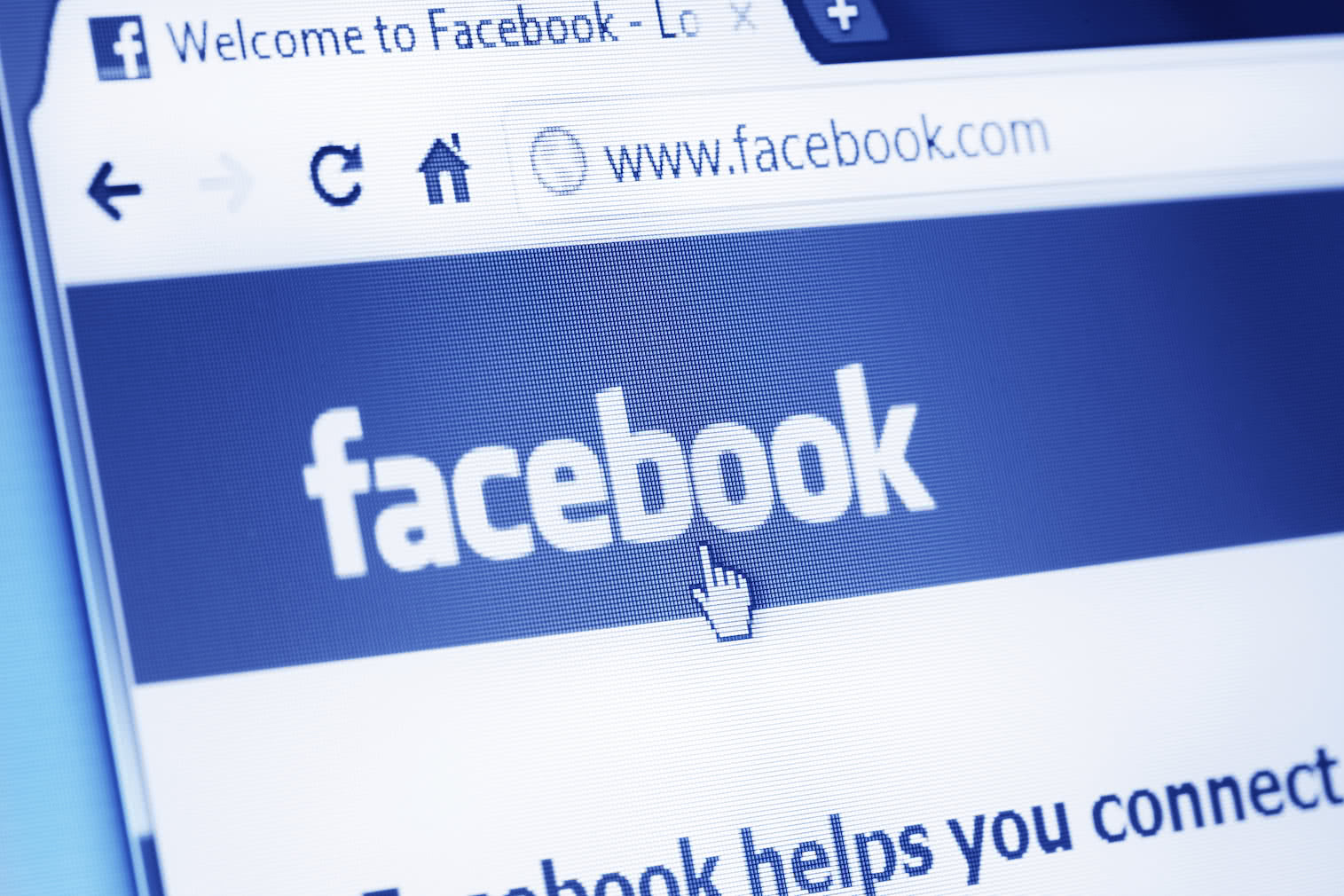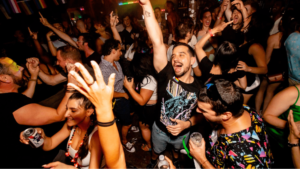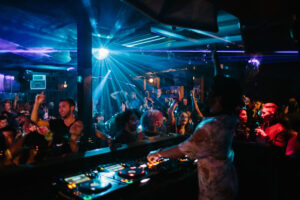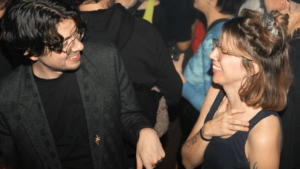Facebook is an event organiser’s superpower.
With 700 million people using Facebook events monthly, the platform holds a huge opportunity to reach potential attendees.
But if you’ve already created your event on Facebook and taken advantage of the free ways to promote your event, what’s next?
It might be time to consider Facebook event ads. By putting money behind your Facebook promotion, you’ll increase your odds of getting in front of local event-goers. We’ll show you how.
At Eventbrite, we’ve helped thousands of creators sell 284 million tickets to their events — we know what works to sell tickets. In this article, we’ll guide you through the process of creating the perfect Facebook events ad to reach your target audience and boost ticket sales.
Why use Facebook event ads?
Facebook event ads promote your event to a highly targeted group of people, allowing you to increase your audience reach beyond organic traffic such as likes and shares.
On average, a user sees up to 1,500 stories on their newsfeed daily, meaning the possibility of your event page reaching your target audience without help is very low.
That’s where Facebook event ads come in.
Based on factors like demographics and purchase history, you can target niche audiences who have shown an interest in events like yours.

Facebook event ads contain three main elements:
- Eye-catching visuals, which allow you to use an image, video, or carousel to encapsulate your brand visually
- Event details, showcasing the date, location, and number of responses to the event.
- A clear call to action, which prompts a user to indicate if they’re “interested” / “going to” the event or to buy tickets or learn more about the event.
When people see a Facebook event ad in their feed, they get all the details they need to know at a glance.
Are people still using Facebook events?
For years now, people have been warning that Facebook is approaching irrelevancy.
This idea was strengthened in 2022, when Facebook’s monthly active users dropped by 2 million, while TikTok became the most downloaded app of the year, with 672 million downloads.
But with an audience reach that can be expanded to 3 billion active monthly users, Facebook continues to be a leader in event promotion. Despite being dismissed as a platform for older audiences, Facebook remains the largest social networking site. And according to a recent study, men between the ages of 25-34 are the most active people on Facebook, accounting for 18.3% of users.
Facebook is also a brand that local businesses often rely on to build and connect with their communities, so it’s ideal for event creators to connect with people physically close to them. In fact, more than 200 million brands use Facebook to market their brand.
With such a huge reach and great features such as landing pages and promotional features, Facebook events are still well worth your time.
The types of Facebook event ads
To extend your reach on Facebook, you can promote your event through Facebook advertising specifically meant for events.
There are three main types of event ads.
- Event response ads: These ads provide relevant event details and ask audiences to respond as “Interested” or “Going” to your event.
- Event promotion ads: These ads also provide the relevant event details but provide a link for audiences to “Buy Tickets.”
- Event boost ads: Boosting posts is another advertising option if your goal is to increase engagement with your audience. When you “boost” a post, your ads will be optimised to reach people within your audience who are likely to interact with the content you share.
The type of ad you will be determined by your event and the attendees you hope to attract.
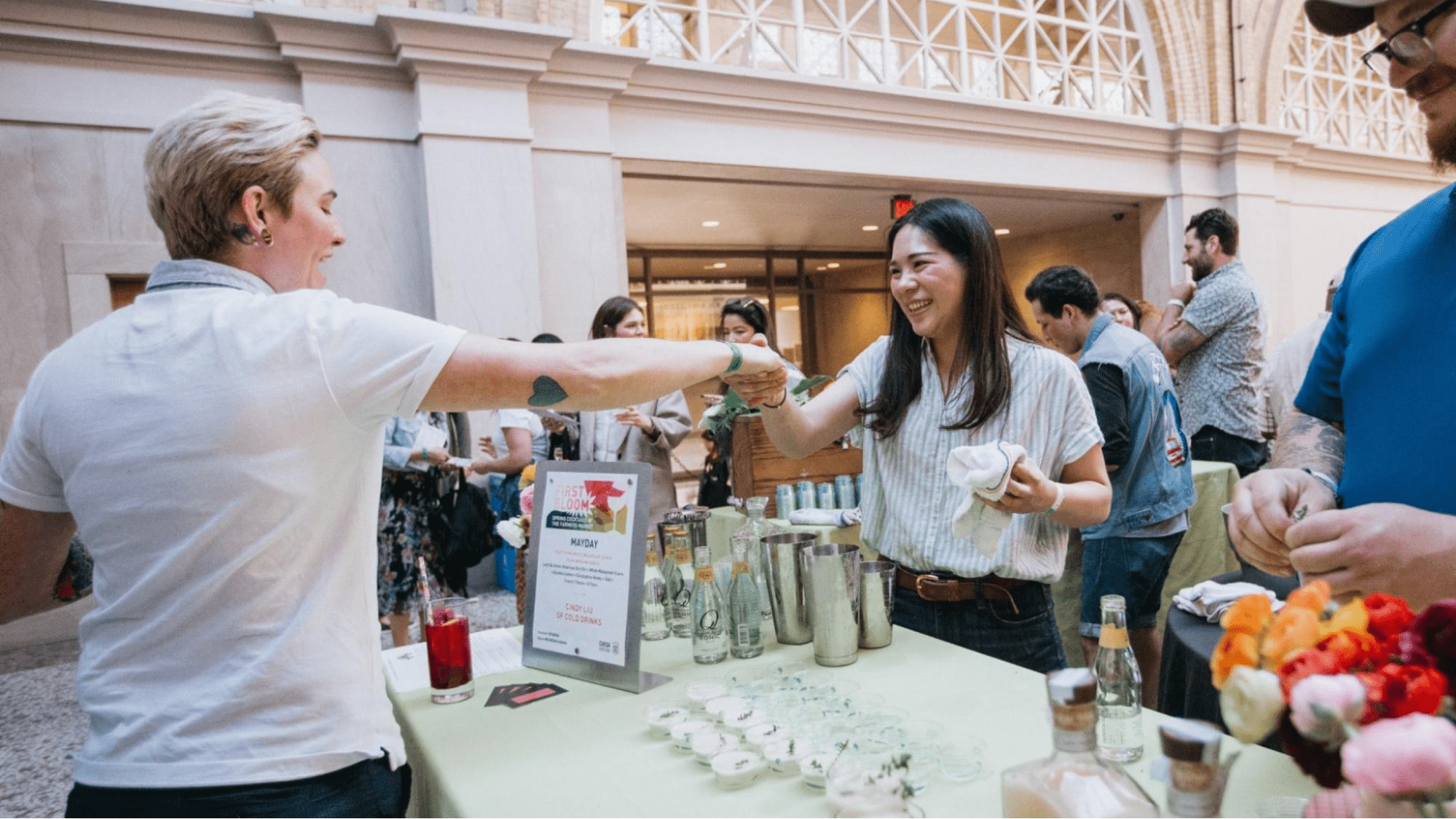
How do I create an ad for an event on Facebook?
Creating an ad for an event on Facebook can be a confusing process, so we’ve created a step-by-step guide to show you exactly what to do.
Once you’ve created an event page, there are two ways to go about creating event ads.
1. Meta Ads Manager
When creating Facebook event ads in Meta Ads Manager, there are two call-to-action button options:
- Interested
- Get Tickets
To set up a Facebook event ad with an “interested” button:
- Go to Ads Manager and create a new ad.
- Select Engagement as your campaign objective.
- Plug in relevant information for your campaign budget, including A/B testing.
- Click on On your ad in the Conversion option.
- Select Event Responses from the engagement type tab
- Fill in the budget, schedule, audience, and placement for your campaign
- Click Next
- Choose what Facebook profile you want to promote the event under in the Identity section
- Decide if you want to add customised images and text through the ad creative section
- Set up tracking and customise your URL
- Publish your ad
To set up a Facebook event ad with a “get tickets” button:
- Go to the Ads Manager homepage and create a new ad
- Select Sales as your campaign objective
- Plug in any relevant information for your campaign, such as budget and A/B Testing
- Click Next
- Insert a conversion location
- Fill in the budget, schedule, audience, and placement sections and click Next
- Select the Facebook event in the Destination section and add your Facebook event URL or name
- Further customise your ad through ad setup
- Click Publish
Once your ad has been published, you can sit back and watch the responses come in!
2. Boosting an ad from your event page
Once you’ve created an event from your Page, you have the option to boost it, which can aid in raising awareness, encouraging RSVPs, and driving ticket sales.
Boosting an event transforms it into an ad that appears in people’s News Feeds. The ad is labelled as “Sponsored” at the top and allows you to include either a “Get tickets” or “Interested” button.
This is how you boost your ads:
- Create an event on your business Facebook account
- Click Boost Post on the event in your page’s feed or head to the events tab and click Boost Post there
- Customise the image and text for the event ad
- Narrow your audience by selecting from demographics, followers, and people with similar interests
- Adjust the budget
- Add a payment method and then click the Boost Event Now button
When a person clicks “Get tickets,” they’ll be taken to the ticketing URL you specified when creating your event. If they click “Interested,” their name will be added to the guest list, and they’ll receive notifications about the event. Boosted events also appear on Instagram, giving them even more reach.
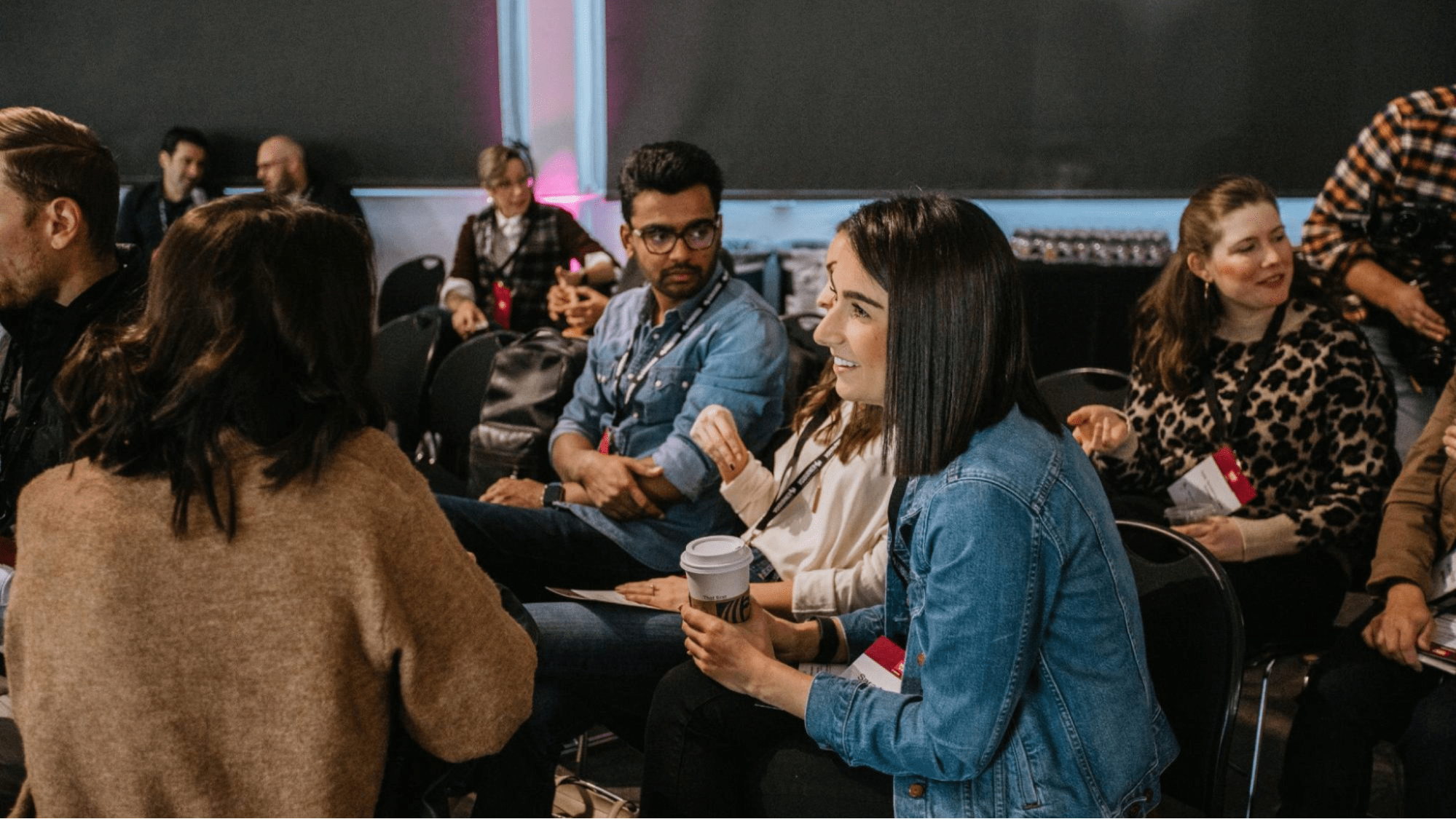
Targeting options for Facebook event ads
One of the main reasons Facebook advertising is such a powerful tool for event creators is its unique approach to low-intent or no-intent audiences. There are people who may not have much interest in taking a specific action or checking out events at that moment.
Unlike other platforms that use high-intent keywords to target “bottom-of-funnel” buyers (people ready to buy), Facebook places ads in front of people who aren’t searching for anything in particular.
That means you can use precise audience targeting to reach specific demographics, and users will feel that they’ve discovered a hidden gem.
In Facebook Ads Manager, you can target three different audiences.
1. Core audiences
Core audiences allows you to target people with certain characteristics, such as:
- Location: allows you to target the geographic location of your audience based on country, region, and postcode
- Demographic: provides an option to target users based on specific character traits such as age, gender, education, and relationship status
- Behaviour and interests: allows you to target users based on their interests (determined by what pages they’ve liked in the past, posts they’ve engaged with, or events they have attended)
So whether you’re looking to target people in a specific area or with similar demographics and interests, Facebook event ads are a great option.
2. Custom audiences
Custom audiences allows you to promote your ad to audiences that have already shown an active interest in your event or brand.
These include:
- Targeting people who responded to your event
- Targeting friends of people who responded to your event to reach other interested audiences
- Excluding people who’ve already responded to your event to avoid advertising to people who have already purchased tickets
- Targeting people who viewed or responded to any of your previous events to reach people who showed interest in or attended previous events
As you can see, Facebook event ads offer plenty of opportunities to target specific audiences.
3. Lookalike audience
If you install a Facebook pixel on your Eventbrite ticketing page, you can collect data to build custom “lookalike” audiences. Lookalike audiences are made of people who share similar traits and interests with customers who’ve already purchased tickets.
The pixel is a little bit of code that can help you optimise your ads for ticket sales and gain the data you need to attribute these sales back to your Facebook ads. If you use Eventbrite, it’s easy to add your Facebook tracking pixel to your Eventbrite event listing, registration form, and order confirmation page.
Boost ticket sales with Eventbrite & Facebook
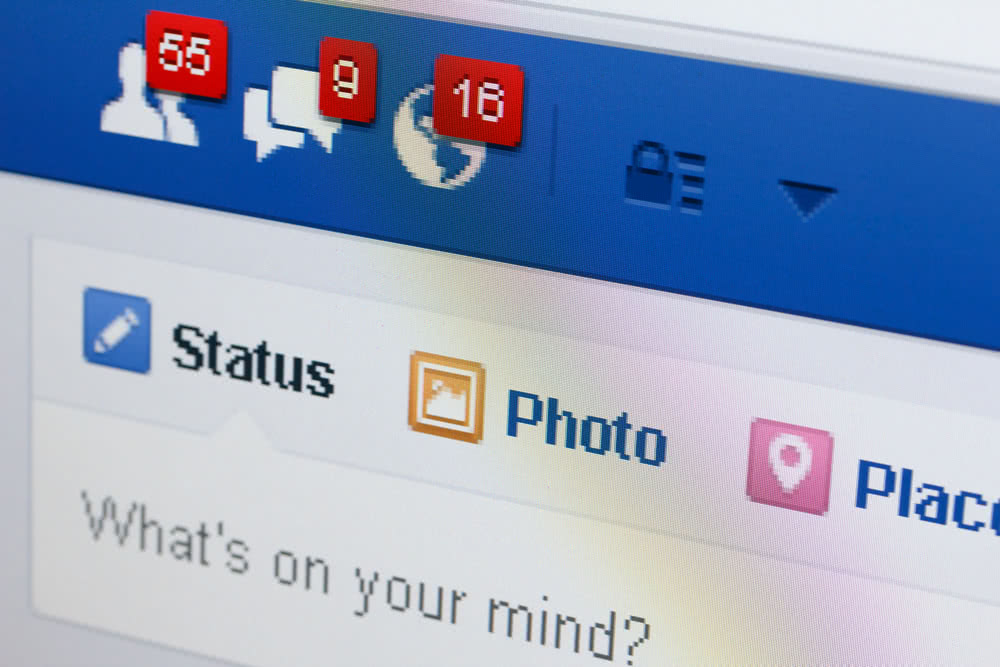
What does a successful Facebook event ad look like?
The success of a Facebook event ad depends on how well you understand what’ll immediately capture your target audience’s attention, as well as Facebook’s user policies.
The above event ad for the US-based Riverfront Music Festival is an example of how appealing to the desires of their target audience leads to higher ticket sales.
The ad is likely targeting young event-goers interested in R&B music. It does this by:
- Using bright, attention-grabbing colours and high-quality photography
- Promoting the unique selling point of the brand
- Creatively using photo editing and overlays to create intrigue
- Clearly highlighting the nature of the event
- Leaving little room for confusion around dates or location
Additionally, the ad successfully promotes that it’s from a legitimate enterprise by linking to its page on Eventbrite. As the world’s leading event platform, Eventbrite is not only a recognised name amongst users but also Facebook.
How much do Facebook event ads cost?
The cost of a Facebook event ad depends on your selected budget, how much competition there is, and the number of responses you receive.
To determine the cost of an ad campaign, Facebook uses an auction strategy that allows advertisers to bid on ad placements based on their allocated budget and target audience.
These include:
- Cost per click: on average, £0.35per click
- Cost per impression: on average, £8.50 per 1,000 people reached
The cost of your advertising campaign depends on how well you can narrow down audience targeting, as this will allow you to optimise your ad revenue spend.
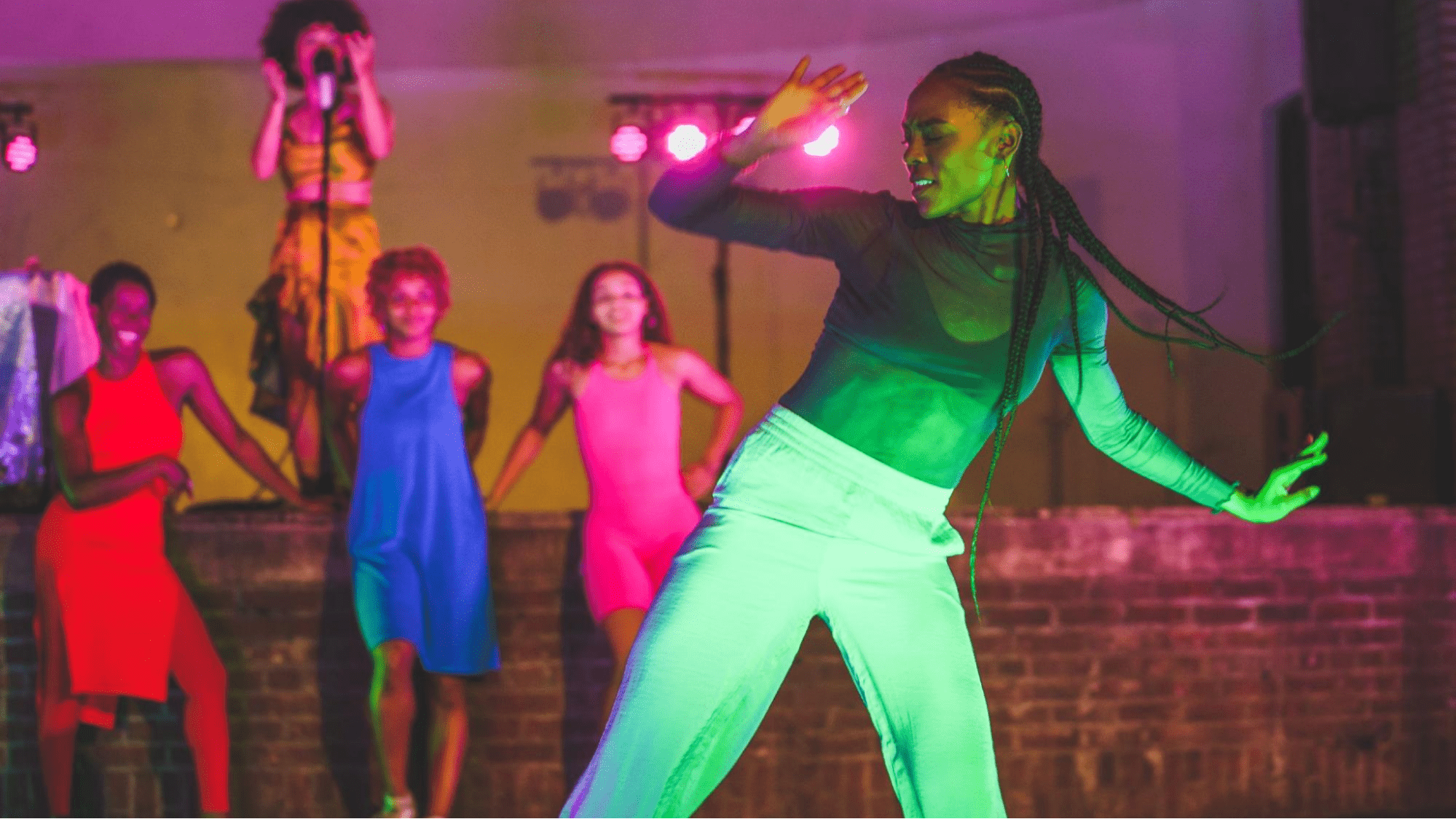
Is Facebook the best place to promote an event?
While Facebook is an effective tool for event organisers to create event ads, it isn’t the only option.
In 2021, people spent £5.5 billion on video advertisements in the UK alone. With the growing popularity of short-form video content, social media channels like Instagram and TikTok have become attractive low-intent marketing alternatives.
Here are some factors to consider when deciding if Facebook event advertising is the right option for you:
Pros:
- Considerable brand reputation and audience reach
- Highly targeted traffic filter options that increase campaign success
- Complete control over cost and ad placement
Cons:
- Regular algorithm changes that can impact the visibility of your event promotion
- Unfiltered competition with thousands of unrelated brands
- Strict community guidelines that aren’t always straightforward
Another downside of using Facebook is how long it can take to create and manage each event ad campaign manually.
One way to improve this is to use Eventbrite’s premium marketing tools.
Eventbrite automates event promotion by allowing organisers to simultaneously promote their event on Instagram and Facebook — and keep all notifications and data in one place.
The “add to Facebook” feature also makes the process of creating a Facebook event ad quick and simple. You can increase event shares and ticket sales by allowing your attendees to buy tickets, register, and RSVP, all from Facebook.
Use Facebook Event Ads to boost your ticket sales
Facebook event ads are a powerful promotional tool that can boost ticket sales and promote your next big event.
By partnering with Eventbrite, you can take advantage of Facebook’s advanced metrics and tools to better understand your target audience, optimise your event ads, and drive more ticket sales through both platforms without any extra work.
Get started for free today.
